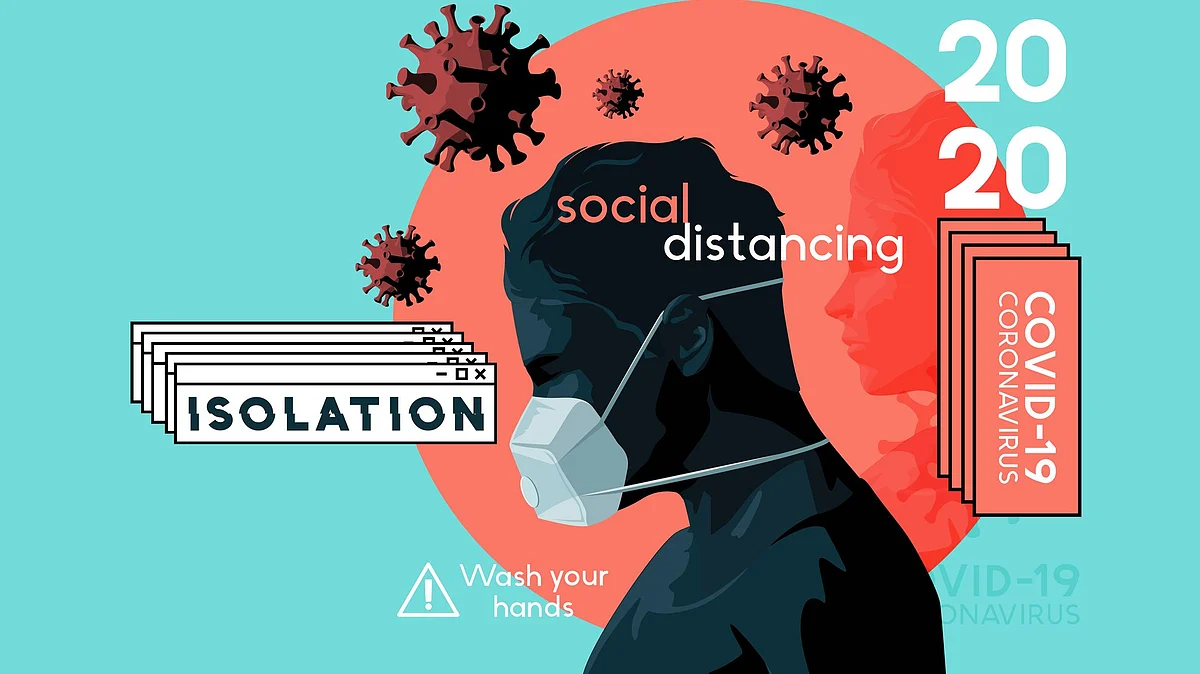
If You've Been Bedridden With COVID-19, Your Mental Health Is At Risk
If you've ever had COVID-19 and been bedridden, you need to read this now.

advertisement
People who were infected with COVID-19 and bedridden are much more likely to develop depression and other mental health issues, a new study found.
The study, published in The Lancet, analyzed data from 2,47,249 people across six countries to provide an insight into the impact of COVID-19 on mental health, both short-term and long-term.
How severe is the impact of COVID-19 on mental health? Keep reading.
COVID-19's Impact on Mental Health
Over 9000 people, roughly 4 percent of the individuals in the study, were diagnosed with COVID-19 during the study period from 27 March 2020 to 13 August 2021.
The prevalence of depression and poorer sleep quality was much higher in people who had contracted COVID-19, as compared to those who had never been diagnosed with the disease. However, anxiety and COVID-related distress was comparatively lower in people who had COVID against those who didn't.
The biggest red flag the study found was that individuals who were diagnosed with COVID-19 and bedridden for a long time(longer than 7 days) had a much higher chance of suffering from depression and anxiety in the long-term.
What Are the Implications of the Study?
Other studies have shown the connection between severe COVID-19 and a decline in mental health upto six months after recovery. This is the first study that shows that you could suffer the mental symptoms of COVID-19 patients for upto 16 months after you've contracted it.
The findings also imply that increased vigilance is important for as long as a year and a half, if not more, after suffering from COVID.
The study's findings also highlight the need to make mental health a priority in the post-COVID era.
Those who suffered from milder forms of COVID showed an improvement in mental health in the months after, as the uncertainty and stress of the disease faded.
However, those who had been bedridden and suffered severe COVID showed persistent adverse mental health symptoms.
(At The Quint, we question everything. Play an active role in shaping our journalism by becoming a member today.)
- Access to all paywalled content on site
- Ad-free experience across The Quint
- Early previews of our Special Projects
Published: 16 Mar 2022,11:27 AM IST